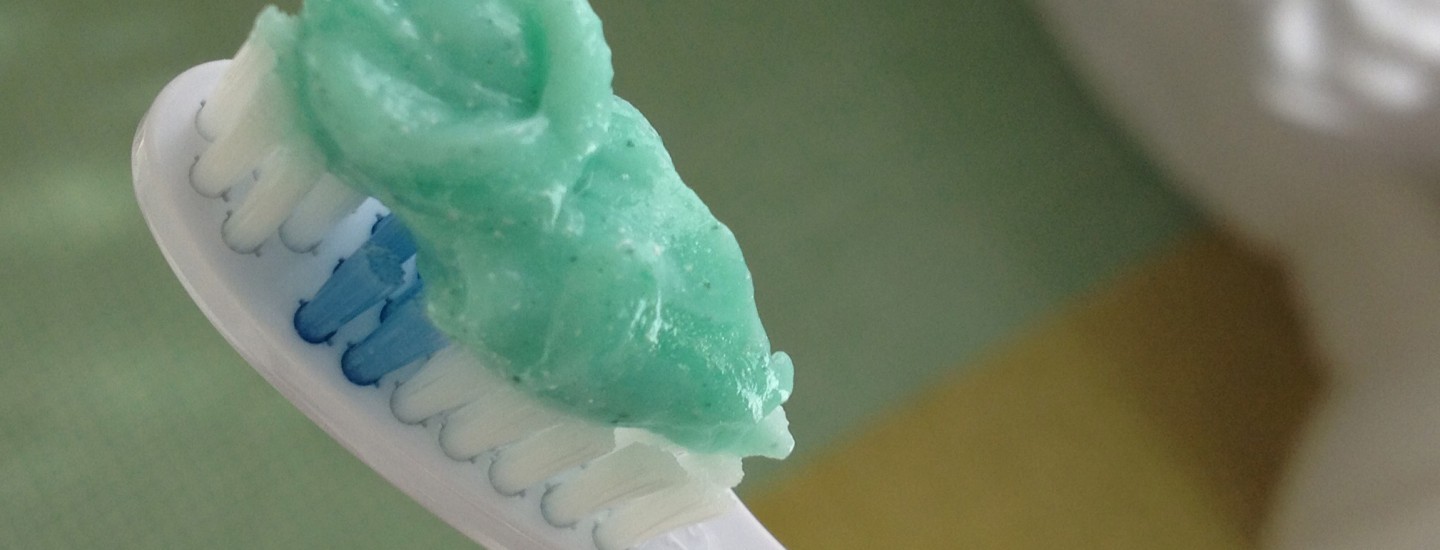
As part of Surfrider Foundation's federal priorities, our organization supports laws that address prevention and response to plastic pollution in our marine environment. Currently, there are several pieces of legislation, at both the state and national level, that address pollution by microbeads, tiny plastic particles that are used in face washes, cosmetics, toothpaste and other products, which make it through municipal water treatment facilities and find their way to pollute local waterways.
H.R. 1321, the Microbead-Free Waters Act of 2015, is sponsored by Rep. Frank Pallone (D-New Jersey) and Rep. Fred Upton (R-Michigan). Currently, the wording of the federal bill is sparse, and it simply prohibits the sale or distribution of cosmetics containing synthetic plastic microbeads. This prohibition is to be administered through the Food and Drug Administration (“FDA”) as part of the Food, Drug and Cosmetics Act. Currently, the bill merely prohibits microbeads from “cosmetics,” which does not include soap, one of the products which most frequently contains microbeads. However, Surfrider Foundation and our partners at Story of Stuff and 5Gyres are advocating for stronger wording of this federal bill so that it applies to all personal care products that contain microbeads, including soap, and disallows some of the loopholes (e.g. for “biodegradable” plastics) that we've found in some state bills.
On the state side, Maryland recently passed a microbeads ban, H.B. 216. While the bill bans synthetic plastic microbeads that are not “biodegradable,” the bill's language explicitly recognizes that “existing biodegradable plastics do not currently biodegrade in the cool temperatures of the marine environment,” and thus the ban extends to currently manufactured “biodegradable” plastic microbeads. Additionally, the bill requires the Maryland Department of Environment to adopt regulations identifying biodegradability guidelines, and periodically review those guidelines to ensure the most scientifically effective methods are being utilized to prevent microbeads from entering the aquatic environment.
Meanwhile, A.B. 888 is making its way through the California legislature, having passed the Assembly and had its first Senate reading on May 22nd. AB 888 is a strong microbeads bill, without ambiguous biodegradable language or exceptions for over the counter drugs. Surfrider Foundation and other environmental organizations were pleased when the Personal Care Products Council recently changed its position from opposing the bill without amendments, to being neutral, recognizing “potential environmental concerns” from microbeads.
New York also has a strong bill, S.3932, which would enact the NY Microbeads-Free Waters Act. Similar to A.B. 888, there is no potential loophole for “biodegradable” plastic microbeads. This is currently in the Senate Environmental Conservation Committee. Meanwhile, the New York Assembly has already passed A.5896, to enact the same Microbeads-Free Waters Act.
Further south in North Carolina, the House introduced H.B. 629 in April. Unfortunately, this bill does contain an exemption for “biodegradable” plastic microbeads, which is defined as the capability of a substance to break down completely in the natural environment that the substance is likely to encounter within 24 months of its disposal, through a biological process of decomposition into elements or compounds commonly found in that environment. While the intent may be to protect the marine environment from plastic, Surfrider Foundation has concerns that without further testing, it is unclear whether “biodegradable” plastics are truly biodegradable in the sense of returning to natural elements, and avoiding the water pollution, toxicity, and bioaccumulation concerns associated with traditional plastic microbeads (e.g., of polyethylene).
Surfrider Foundation will continue to stay engaged on these bills, and is working diligently to advocate for strong microbead legislation in all coastal states. Stay linked to our action alert center to hear about ways that you can help advocate for plastic pollution free waters.
